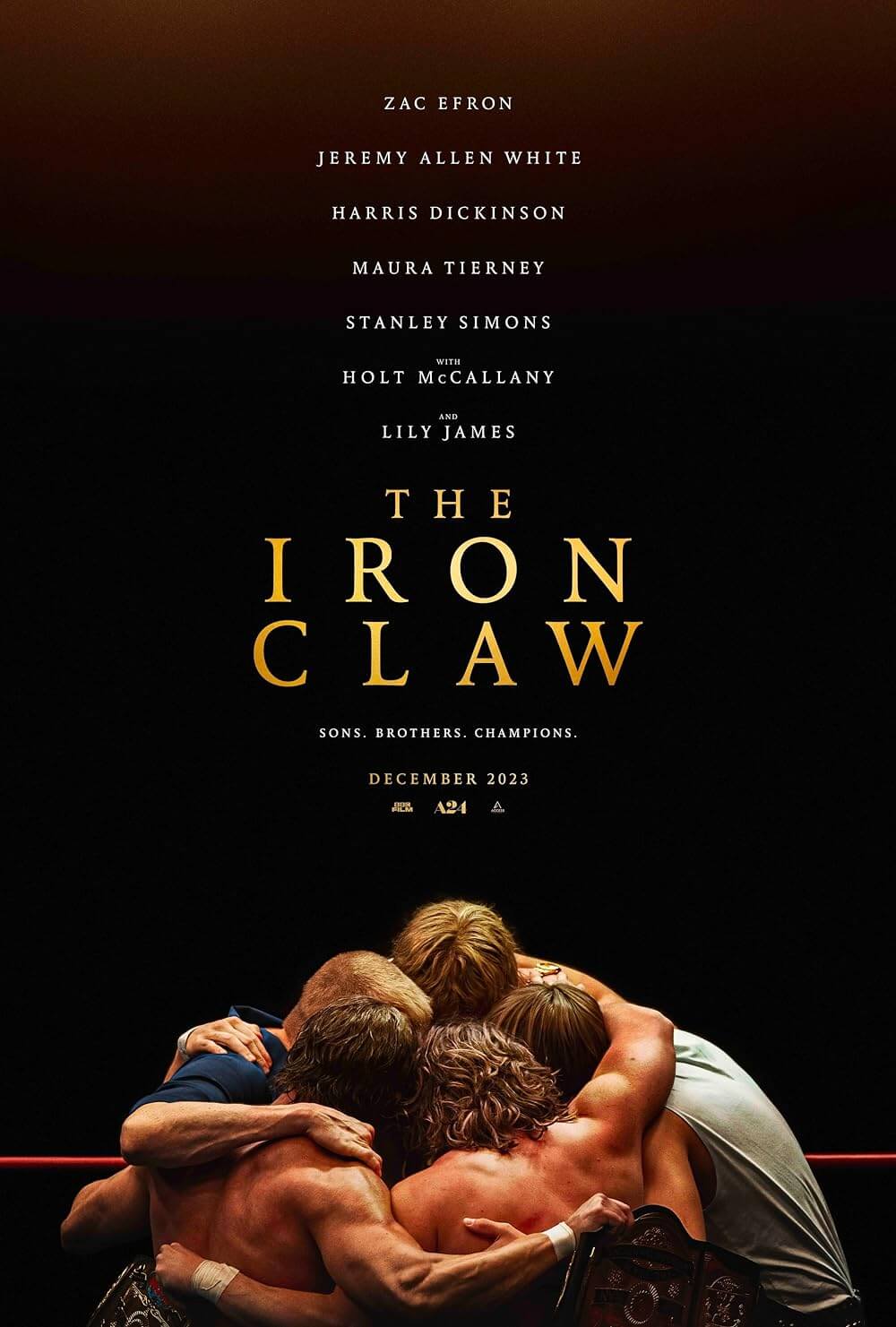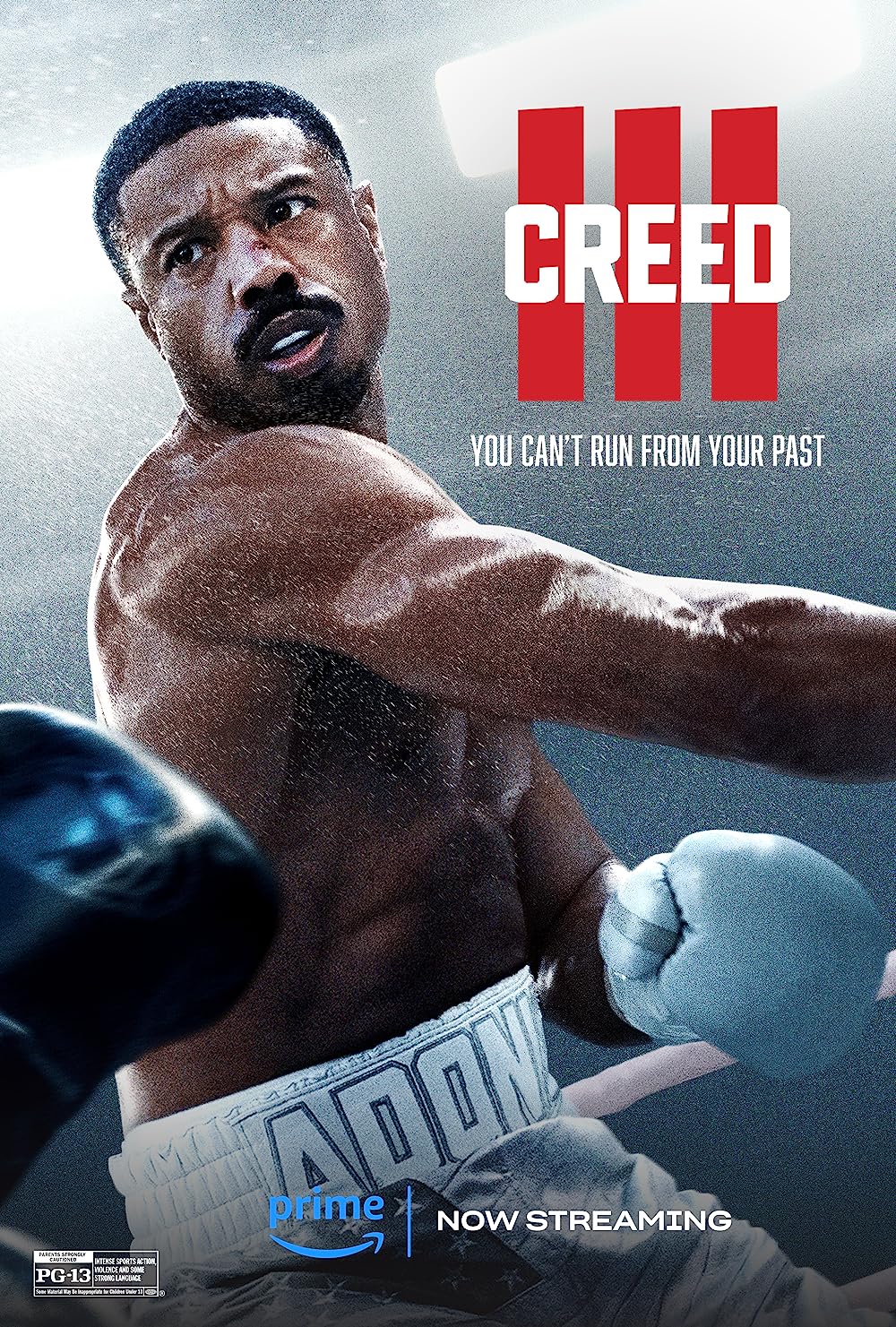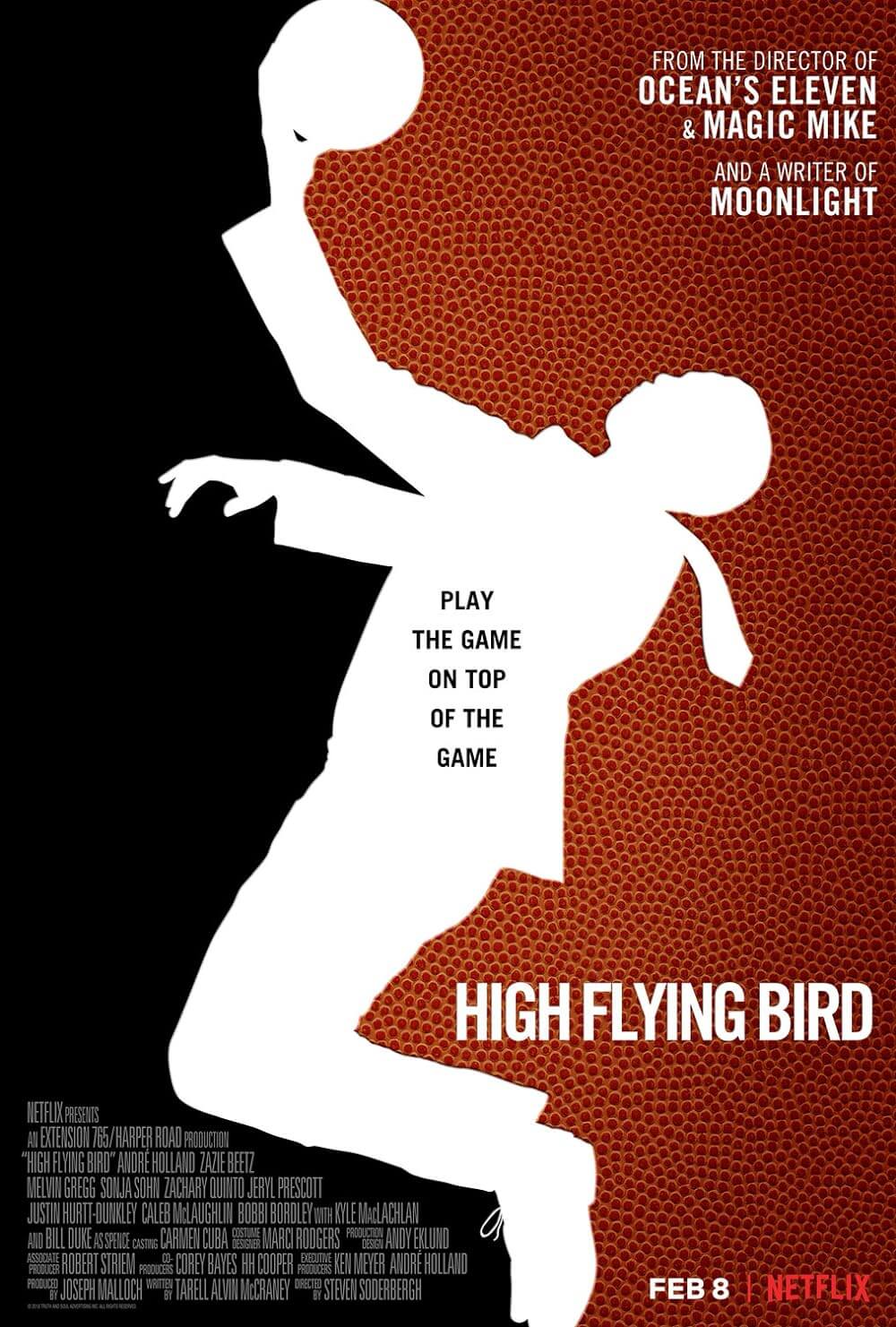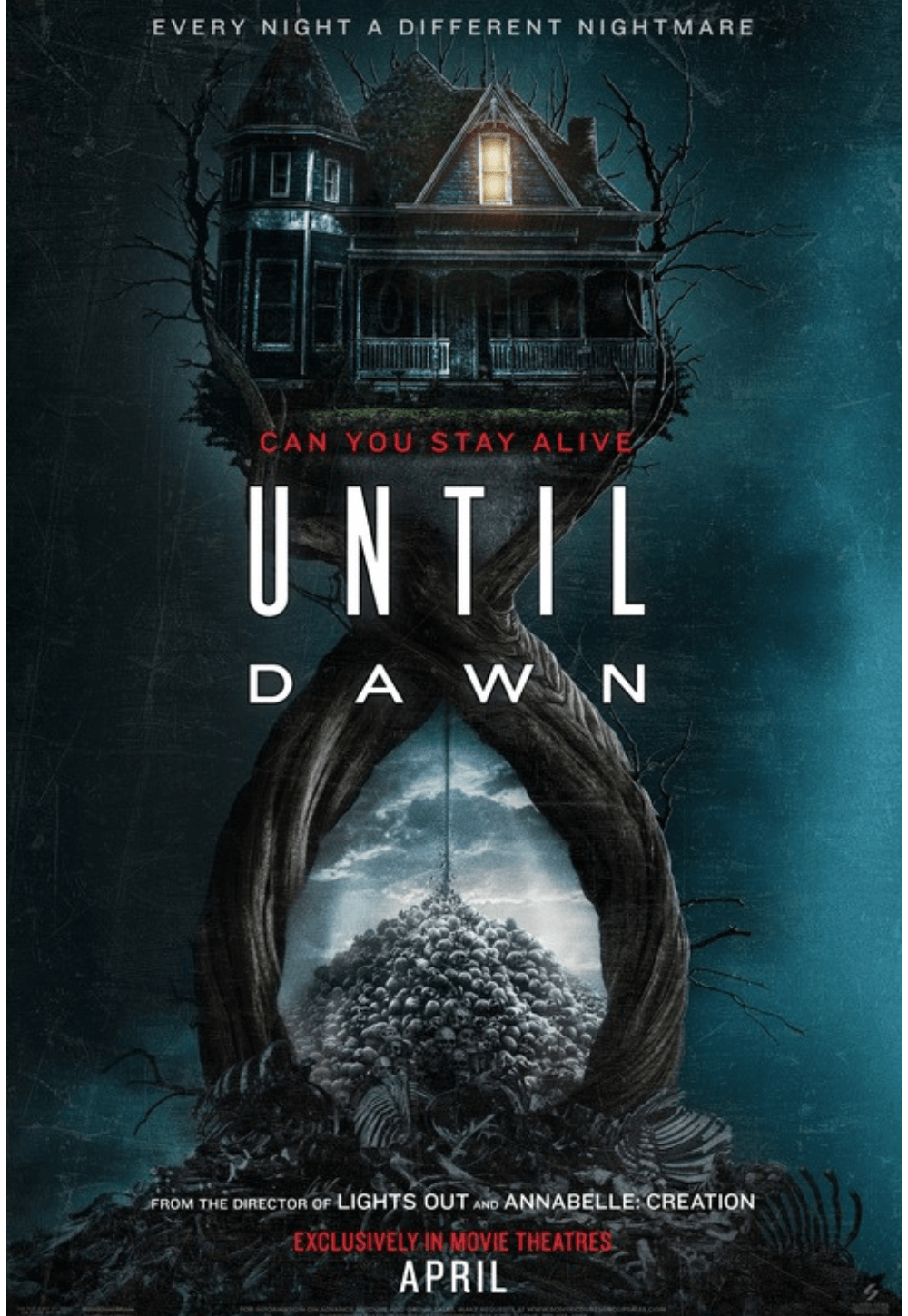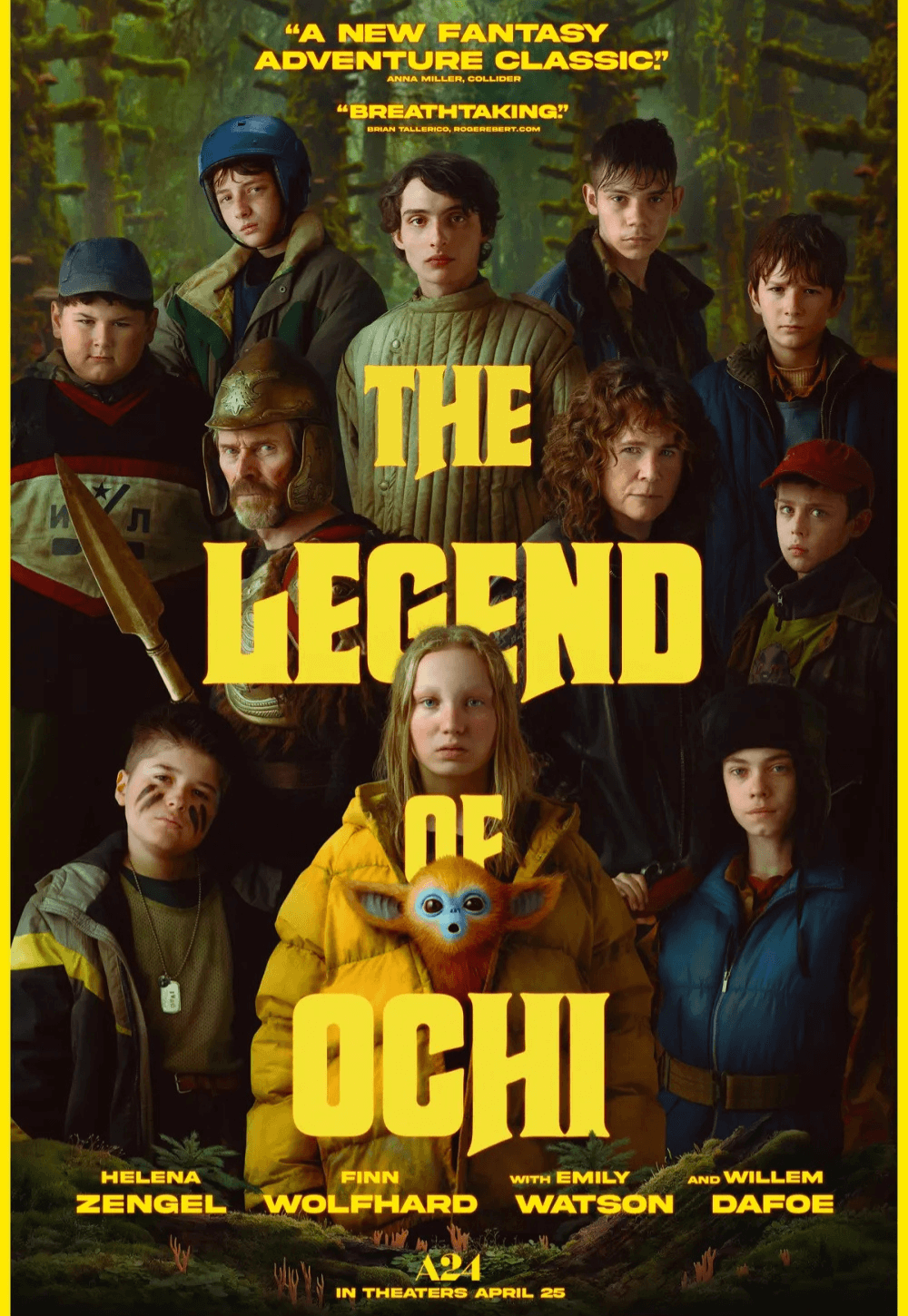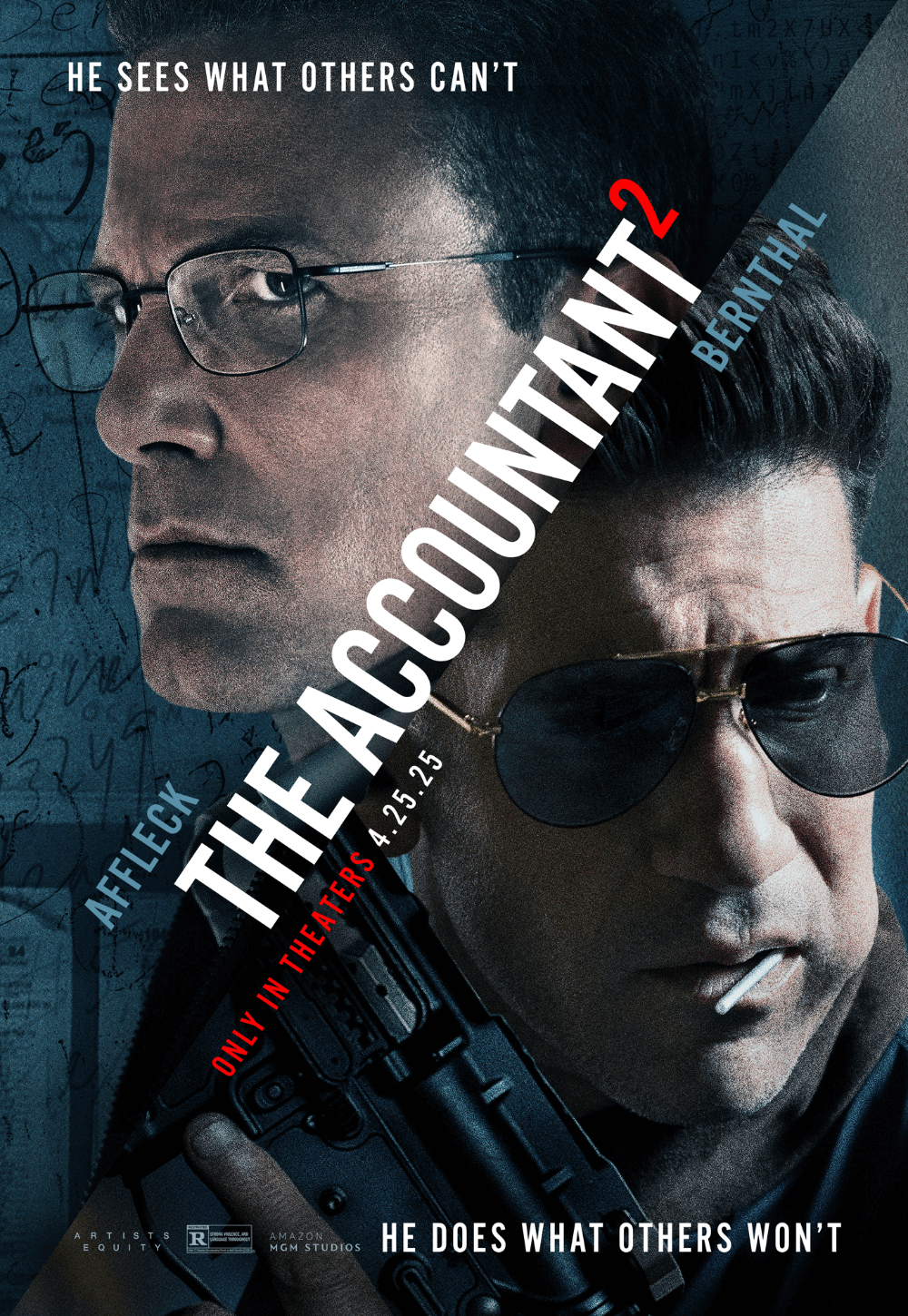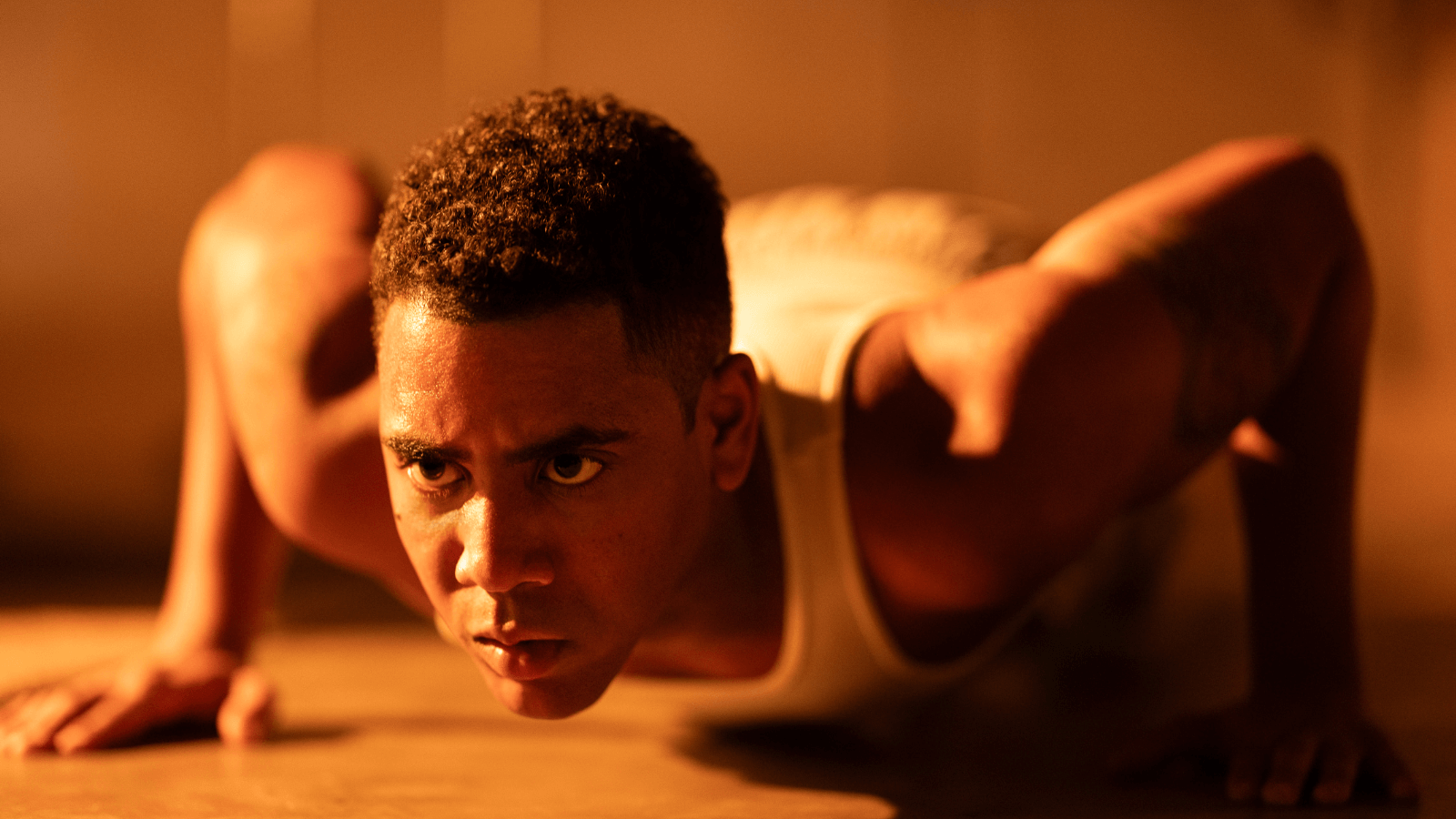
Unstoppable
By Brian Eggert |
Note: This film was screened for the Twin Cities Film Fest. Amazon MGM Studios has yet to announce the official release date.
Unstoppable is the true story of wrestler Anthony Robles, who becomes a champion against all odds and expectations. Born with one leg to a beleaguered mother who raises him, sort of, alongside an asshole stepfather, Robles perseveres despite his disadvantages, becoming an inspiration and the subject of a crowd-pleasing Hollywood movie. Regardless of one’s interest in the sport—the official, competitive version, as opposed to the commercial entertainment side of the WWE—the feature ignites emotional investment in characters who feel alive. This is less a result of the authentic writing and more due to several excellent performances that sell the material, particularly Jharrel Jerome as Robles and Jennifer Lopez as his struggling mother, Judy. It’s a wrestling drama that feels downright saccharine compared to last year’s The Iron Claw, as Unstoppable tells its story with the requisite clichés. But they’re so well delivered by the cast and production that one cannot help but get swept up in its emotional delivery.
After last year’s Air, a brand biopic about Nike’s launch of Air Jordans, here’s another sports-related feature from Ben Affleck and Matt Damon’s production company, Artists Equity. The real-life Robles, now a motivational speaker, also produced the movie. As presented, his story conforms to the underdog athlete movie template, and the production doesn’t hide its influences in the cinematic tradition of celebrating ambitious long shots. Based on Robles’ and Austin Murphy’s two-colon-title book, Unstoppable: From Underdog to Undefeated: How I Became a Champion, the screenplay by Eric Champnella, Alex Harris, and John Hindman draws inspiration from Rocky (1976). Rocky Balboa’s perseverance has been the template to which most sports movies have adhered for almost fifty years. Director William Goldenberg—making his debut feature after a long and impressive career as an editor for name directors such as Affleck and Michael Mann—shows Robles with a Rocky poster in his bedroom. And more than once, Robles visits the so-called Rocky Steps in Philadelphia.
Given these allusions, it’s no surprise that Robles’ story supplies the intended inspirational effect. If you’re unfamiliar with his rise and just how far his wrestling takes him, it doesn’t matter. The visual grammar of sports movie underdogs—not to mention that we’re watching a studio feature about him—suggests that Robles will succeed one way or another. Maybe he will end up a noble loser, like Rocky did (in the first installment, anyway). Or maybe he will become a champion, as his victory stance on the poster suggests. Even though we can easily predict the trajectory of Unstoppable, if not practically write the movie ourselves, a good execution can sometimes imbue all those familiar moments with new life. At this, Goldenberg mostly succeeds, but not without leaving the viewer with a nagging sense of the material’s emotional manipulation.
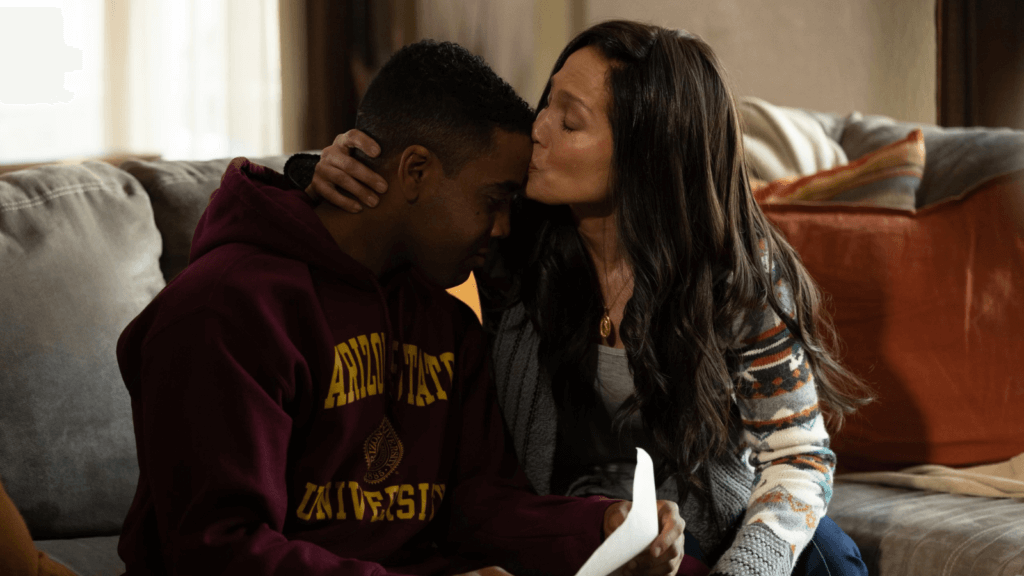
Played by Jerome in a performance of quiet determination and nobility, Robles dreams of landing at Iowa State, the premier wrestling school. But stuck in Arizona with few financial resources and just one leg, which college wrestling teams see as a disadvantage, his chances are slim. At home, Robles’ volatile stepfather, Rich (Bobby Cannavale), creates an unsafe environment for his many young siblings, forcing him to pass up a free-ride opportunity to stay home and ensure they, along with his mother, remain safe. Fortunately, he has the undying support of his high school wrestling coach (Michael Peña), who seems to have nothing else to do but follow Robles’ post-high-school career. Once he joins the Arizona State University wrestling team, he receives encouragement from his college coach (Don Cheadle), who, along with everyone else, initially underestimates but ultimately sees greatness in Robles. A subplot about Judy taking on a predatory mortgage lender feels right at home in this David and Goliath framework.
For those unfamiliar with college wrestling’s points system and strategies, there’s no pressing need to learn. Although the visual treatment is straightforward and unexceptional apart from a few neat from-under-the-mat shots, cinematographer Salvatore Totino and editor Brett M. Reed present involving matches—even if you’re unsure what’s going on or why everyone in the audience is shouting “Two!” Instead, it’s those shots of the audience and Robles’ awareness of who’s watching that boost emotional involvement. Lopez is particularly effective in these scenes as a passionate mother who won’t hesitate to shut down anyone who questions why her boy is competing. Cannavale’s bombastic yet effective presence provides Robles with an internal and external enemy, culminating in a stirring physical altercation late in the film. There’s also a relentless, undefeated opponent from Iowa—Matt McDonough (Johnni DiJulius), backed by the “second place is the first loser” coach (Shawn Hatosy)—to defeat.
Robles’ journey to the NCAA individual wrestling national championship comes equipped with rousing but anonymous music by Alexandre Desplat and plenty of Big Emotional Speeches. The actors sell these moments, with Jharrel Jerome, from Moonlight (2016) and When They See Us (2019), confirming he’s a rising star. His committed physical turn is supported by a seamless digital effect to render his one-legged appearance. Robles’ “I’m running out of time to be someone” speech may feel engineered, but Jerome sells it. That’s how much of Unstoppable operated on me; I could feel my heartstrings being plucked but was helpless to fight it. Some may embrace and go with that quality, getting involved in Robles’ story despite its obvious methods. Others may recoil from the familiarity of this Rocky-esque tale. This critic cannot deny being effectively manipulated and moved by the experience. But afterward, I couldn’t help but feel a bit played, even as I respected Unstoppable for its game.
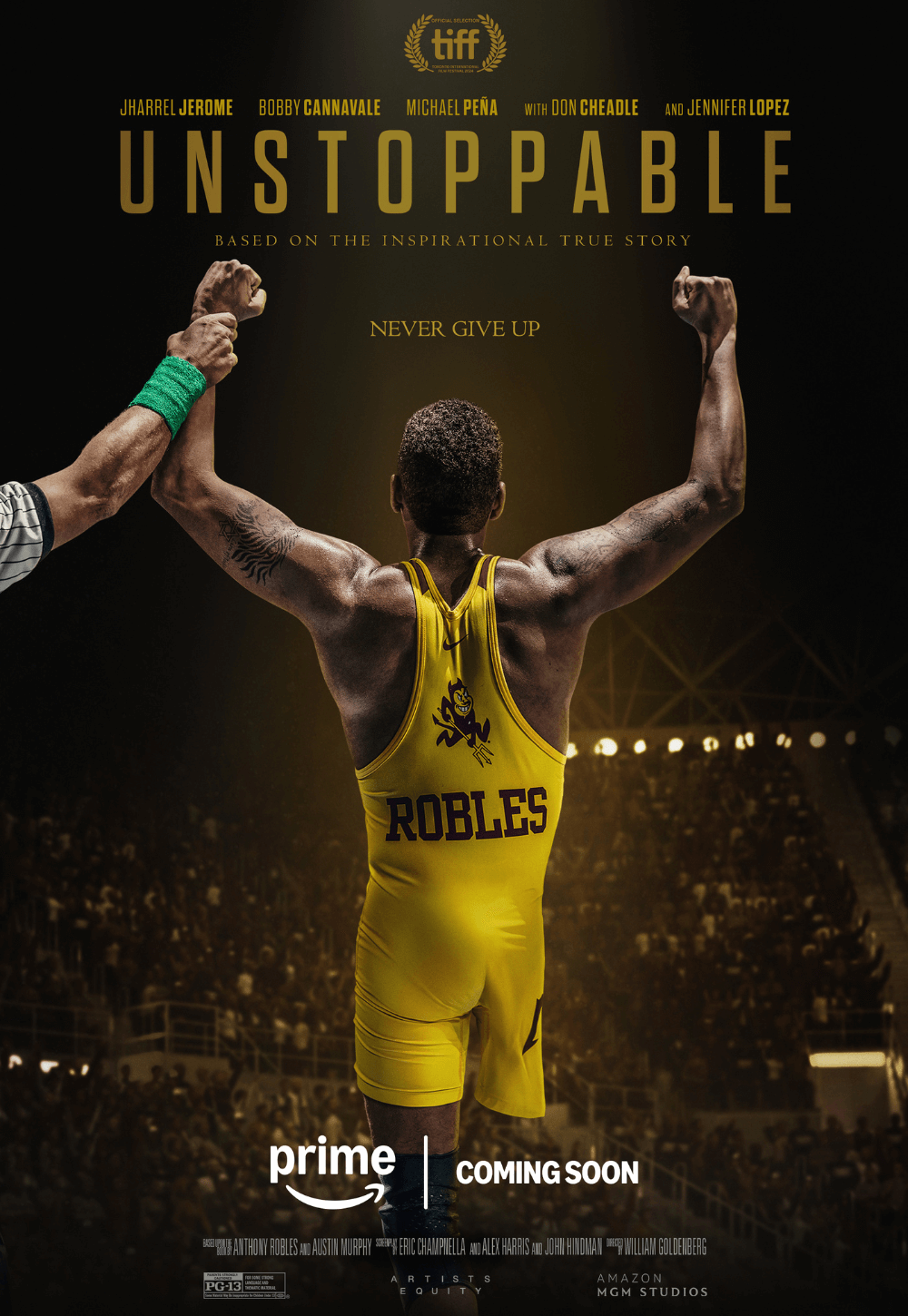
Consider Supporting Deep Focus Review
I hope you’re enjoying the independent film criticism on Deep Focus Review. Whether you’re a regular reader or just occasionally stop by, please consider supporting Deep Focus Review on Patreon or making a donation. Since 2007, my critical analysis and in-depth reviews have been free from outside influence. Becoming a Patron gives you access to exclusive reviews and essays before anyone else, and you’ll also be a member of a vibrant community of movie lovers. Plus, your contributions help me maintain the site, access research materials, and ensure Deep Focus Review keeps going strong.
If you enjoy my work, please consider joining me on Patreon or showing your support in other ways.
Thank you for your readership!
Brian Eggert | Critic, Founder
Deep Focus Review


